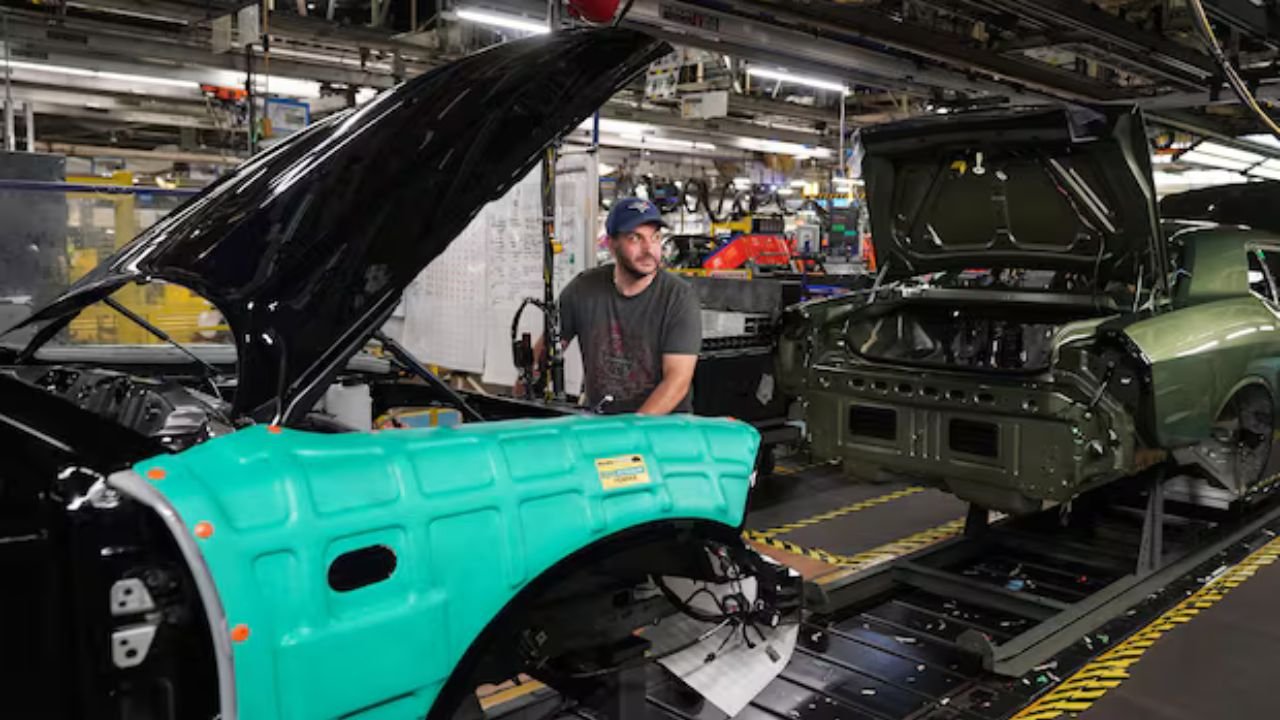The global automaker Stellantis and its Canadian supplier Peterson Spring are locked in a legal battle that centres on the cost and payment for brake rotors. The disagreement has escalated to the point where U.S. assembly plants may face shutdowns if the issue is not resolved.
Supplier’s Claim: Below-Cost Pricing
In its court filing, Peterson Spring states that it is unable to continue shipping the rotor parts when the price offered by Stellantis is below the cost of production at its Woodstock, Ontario plant. According to the supplier, the facility cannot absorb losses under the current contract price.
Automaker’s Position: Extortion Allegation
Stellantis contends that Peterson Spring is demanding a price twice the originally agreed level — translating into an annual hike of roughly US $77 million. The automaker characterises this demand as extortion, warning that any halt in supply from its sole rotor vendor would trigger “massive and immeasurable” disruption, including idling two Michigan assembly plants.
Legal Action: Independent Oversight Requested
Stellantis is asking an Ontario court to appoint a neutral third party to oversee the Woodstock plant and to mandate the continued shipment of parts. In its filings, the automaker emphasises that while it is exploring alternative suppliers, the transition would be lengthy because safety certifications alone could span up to two years.
Wider Implications for the Automotive Supply Chain
The Automotive Parts Manufacturers’ Association (APMA) of Canada notes that this dispute highlights how fragile the automotive parts supply chain really is. APMA president Flavio Volpe pointed out that even for a relatively “simple part” like a brake rotor, re-sourcing can take at least 24 months — a reality that undercuts ambitious calls to switch all sourcing to the U.S. overnight.
Background: Supplier Ownership and Financial Complications
Court documents reveal that the Woodstock facility was acquired this summer in a complex series of transactions linked to billionaire businessman Patrick James. His company, First Brands Group — which holds many aftermarket-parts brands — entered bankruptcy in September. James resigned as CEO in October. First Brands alleges he misappropriated billions of dollars, which he denies.
Originally, a First Brands subsidiary had bought the Woodstock operation, but that deal collapsed, and instead Peterson Spring (also owned by James) purchased the facility. Peterson Spring says that in doing so it inherited Stellantis purchase orders — and that it soon discovered the historical selling prices to Stellantis were uneconomical, especially because unlike the prior owner (ZF Group) it lacks a broad product portfolio to absorb low‐margin lines.
Timeline of the Negotiation and Crisis
- In late October, negotiations began for a new rotor price. Peterson Spring demanded nearly double the previous contract rate (which had been negotiated with ZF) and threatened to stop shipments if no agreement was reached, according to Stellantis lawyers.
- On 27 October, a court filing by Stellantis stated that a stoppage would “imminently shut down” its production lines at its assembly plants in Sterling Heights and Warren, Michigan, which produce the Dodge Ram and Jeep Grand Wagoneer models.
- On 28 October both parties reached a temporary deal: Stellantis would pay a US $7.2 million lump sum on top of the historic price to guarantee shipments through 17 November.
Risks to Production and Reputation
Stellantis warns that a disruption at the rotor-supplier level would wreak havoc not only on its operational capacity — but also on its relationships with current and future customers, and its broader reputation in the auto industry. It emphasises that only the sole supplier makes these parts for specific assembly lines, so sourcing replacements is non-trivial.
